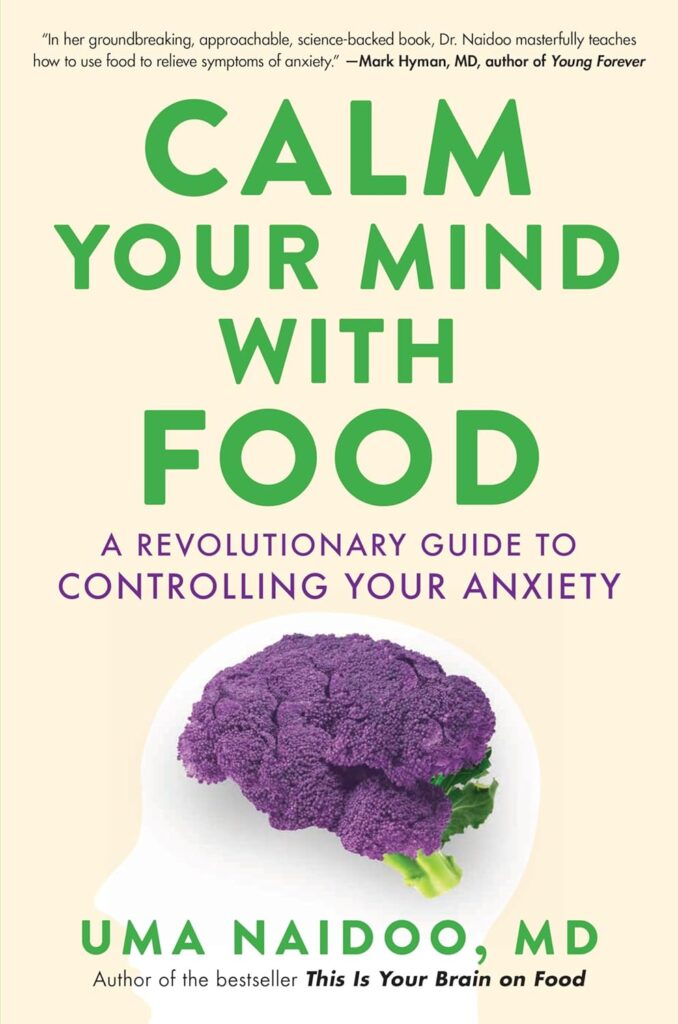You walk into a room and forget why you’re there. You spend ten minutes looking for your keys only to find them in the fridge.
Or it’s mid-afternoon, and suddenly your brain feels like it’s moving through syrup.
We’ve all had those moments. You tell yourself it’s stress, or that you just need more sleep.
But the real problem is often what’s on your plate.
Dr. Uma Naidoo, a nutritional psychiatrist at Harvard, has spent years studying how food affects our mood and focus. She says the connection between our gut and our brain is stronger than most people realize.
Think of it like a two-way street: what happens in your stomach sends signals to your brain, and vice versa. When you eat foods that help this system run smoothly, you think clearly and feel steady.
But when your diet is full of foods that cause inflammation, that “traffic” between your gut and brain slows down. The result? Brain fog, forgetfulness, and sluggish focus.
Dr. Naidoo points out that cutting back on a few common food types can make a big difference. Here are five kinds of foods she says are worth avoiding if you want your mind to stay sharp.
Contents
1. Processed Seed Oils (Like Soybean and Corn Oil)

Let’s start with one of the biggest game changers for your brain: cutting out processed seed oils.
I’m talking about the usual suspects: soybean, corn, canola, cottonseed, sunflower, and safflower oil. Even if you don’t pour them into a pan, they’re sneaky.
They hide in things like salad dressings, mayo, protein bars, and those “no-stir” nut butters that somehow never separate.
Why they mess with your brain:
These oils are loaded with Omega-6 fats. Your body needs a little of them, sure, but the problem is balance. A long time ago, people consumed approximately equal amounts of Omega-6s and Omega-3s (the beneficial, anti-inflammatory types found in fish and flax). Today, that ratio is more like 15 to 1.
That huge imbalance fires up inflammation all over your body. And yes, that includes your brain. Studies have linked it to slower thinking, memory issues, and even mood swings. It’s like your brain is running with the parking brake on.
Better options:

Dr. Uma Naidoo and other nutrition experts recommend switching to oils that help your brain instead of hurting it.
- Extra virgin olive oil: Packed with natural compounds that can calm inflammation and may even help clear out the brain gunk tied to Alzheimer’s.
- Avocado oil: Research shows it supports the “power plants” inside your brain cells and keeps them running efficiently.
- Coconut oil: It’s rich in Medium-Chain Triglycerides or MCTs, which your body turns into ketones; a clean, steady fuel your brain loves to use.
Small swap, big difference. Your brain will thank you every time you cook.
2. Added Sugars (And ‘Hidden’ Savory Sugars)
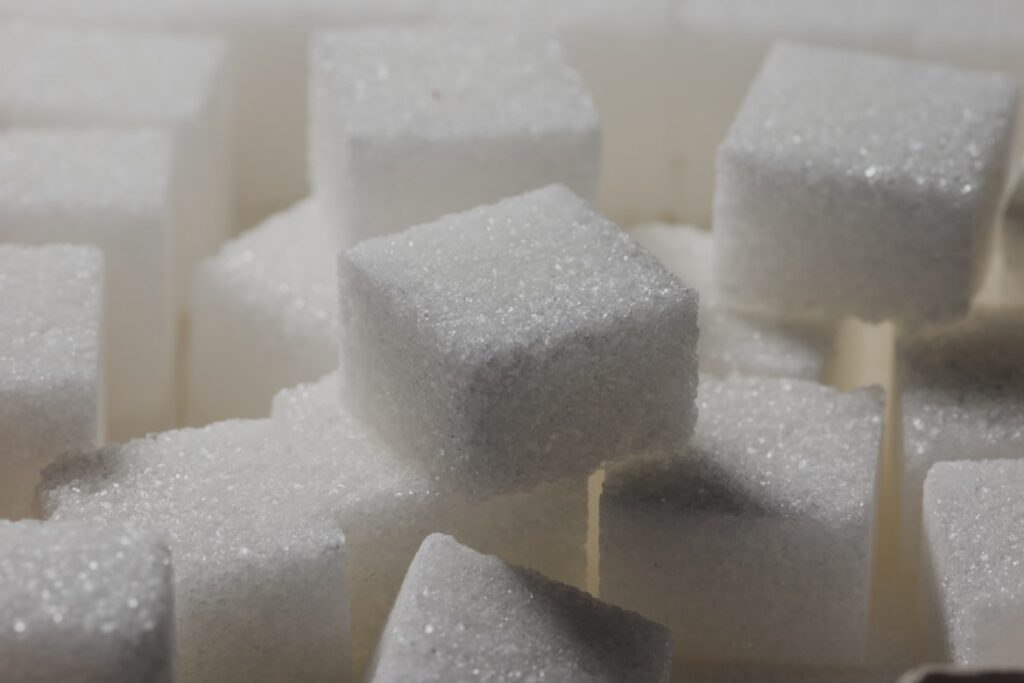
This one’s no surprise. We all know it’s not great for us, but when it comes to your brain, the story gets darker.
Your brain runs on glucose, so it needs some sugar to function. The problem starts when you flood the system with too much of it, day after day.
That’s when things go off the rails. Your focus dips, your memory slips, and your brain’s chemistry starts working against you.
Why sugar messes with your head:
When you eat something high in sugar, two big things happen:
First, your brain loses a bit of its “miracle-gro.” There’s a protein called BDNF that helps your brain make new connections and store memories. Too much sugar lowers your BDNF levels, which basically means your brain becomes less flexible and less sharp.
Second, there’s what some scientists call Type 3 diabetes. It’s when your brain cells stop responding properly to insulin. The hippocampus (the part that handles memory) is full of insulin receptors. When they stop working, your brain can’t use fuel efficiently, even if your blood sugar is sky-high. That’s a direct path to brain fog and forgetfulness.
You May Also Like: Harvard Scientist Reveals: I Stopped Eating These 5 Foods and My Body Instantly Felt 30 Years Younger
What to do instead:
Start paying attention to where sugar hides. It’s not just in desserts and sodas. You’ll find it in pasta sauce, ketchup, salad dressings, and even canned soups. Check the labels and look for “no added sugar” or just make simple versions at home.
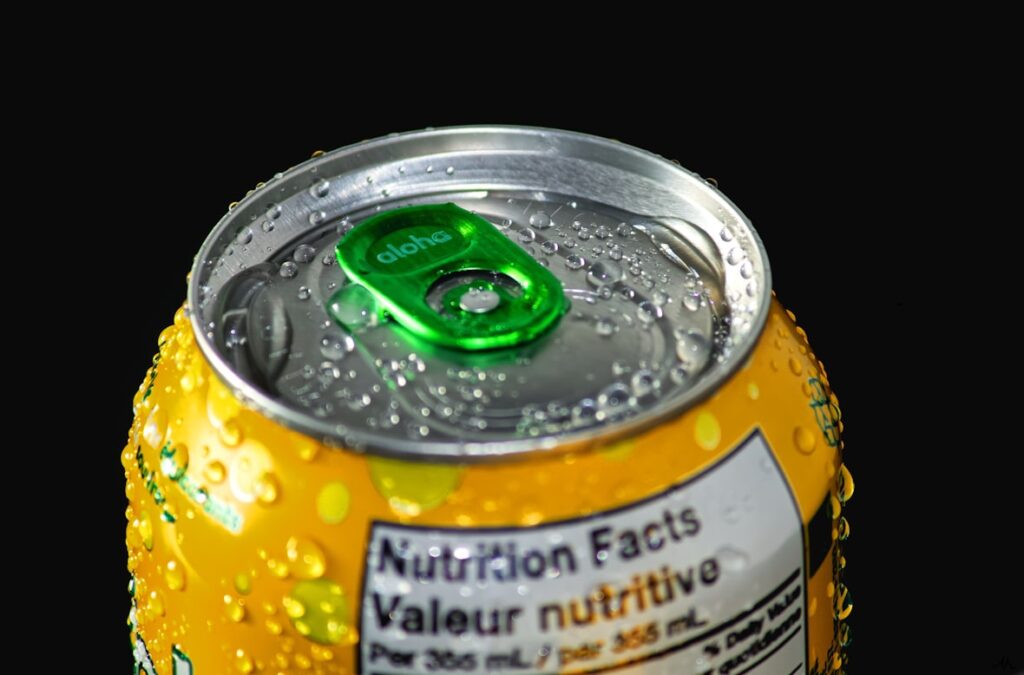
Your brain doesn’t need a total sugar ban. It just needs you to stop feeding it junk fuel.
3. Ultra-Processed Foods (The “Can’t Pronounce It” Rule)

Here’s an easy rule to remember: if you can’t pronounce what’s on the label, your brain probably doesn’t want it.
There’s a big difference between food that’s processed, like canned beans or frozen veggies, and food that’s ultra-processed.
The ultra-processed stuff is the kind that’s been re-engineered in a factory. Think sodas, packaged chips, instant noodles, frozen dinners, and those neon-colored cereals that never seem to go stale.
Why this stuff hurts your brain:
The research on ultra-processed foods (or UPFs) is pretty scary. One big 2023 study found that people who ate a lot of them had a 28% faster rate of cognitive decline.
Another study showed that just a 10% increase in UPFs was linked to a 25% higher risk of dementia.
People who eat the most processed foods tend to have shorter telomeres, which are like little caps on the ends of your DNA that protect it from wear and tear. Shorter telomeres mean faster aging, inside and out.
And then there are the chemical additives, all those hard-to-pronounce ingredients that make food look prettier, taste “bigger,” or last longer on a shelf.
Dr. Uma Naidoo’s rule is simple: if you can’t say it easily, skip it. Studies link those additives to attention problems, mood swings, and even disruptions in brain chemicals like dopamine.
What to do instead:
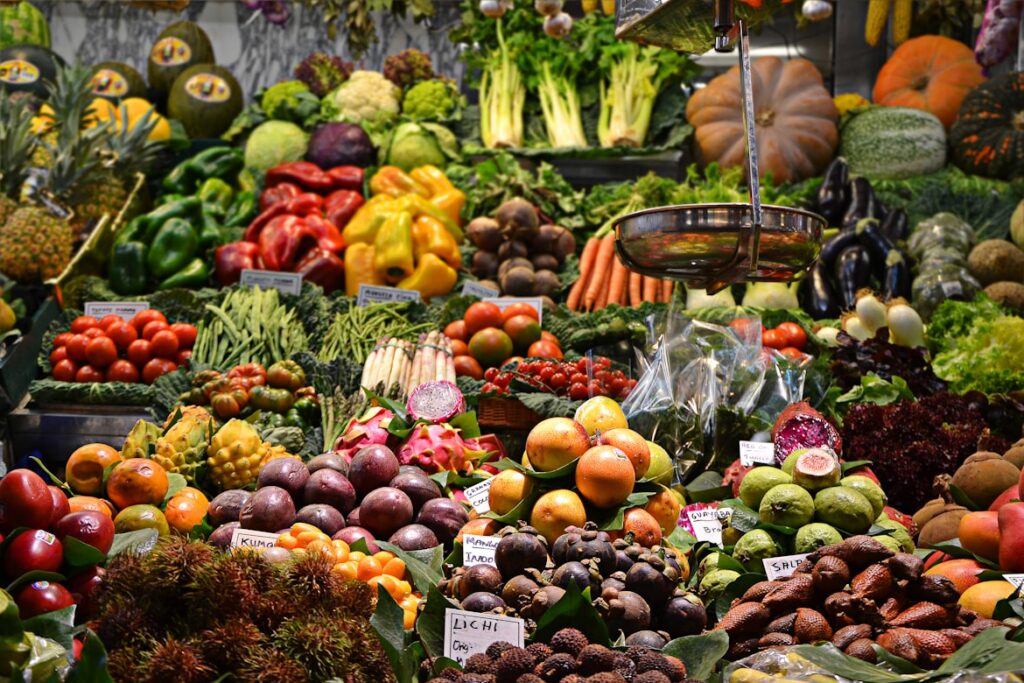
Stick to the edges of the grocery store. That’s where the real food lives. Fresh produce, meats, eggs, and dairy don’t need fancy ingredient lists.
If it looks like food your great-grandmother would recognize, you’re probably doing your brain a favor.
Read: We’ve Been Wrong About Muscle Cramps — It’s Not Dehydration, Scientists Reveal a Hidden Cause
4. Certain Artificial Sweeteners
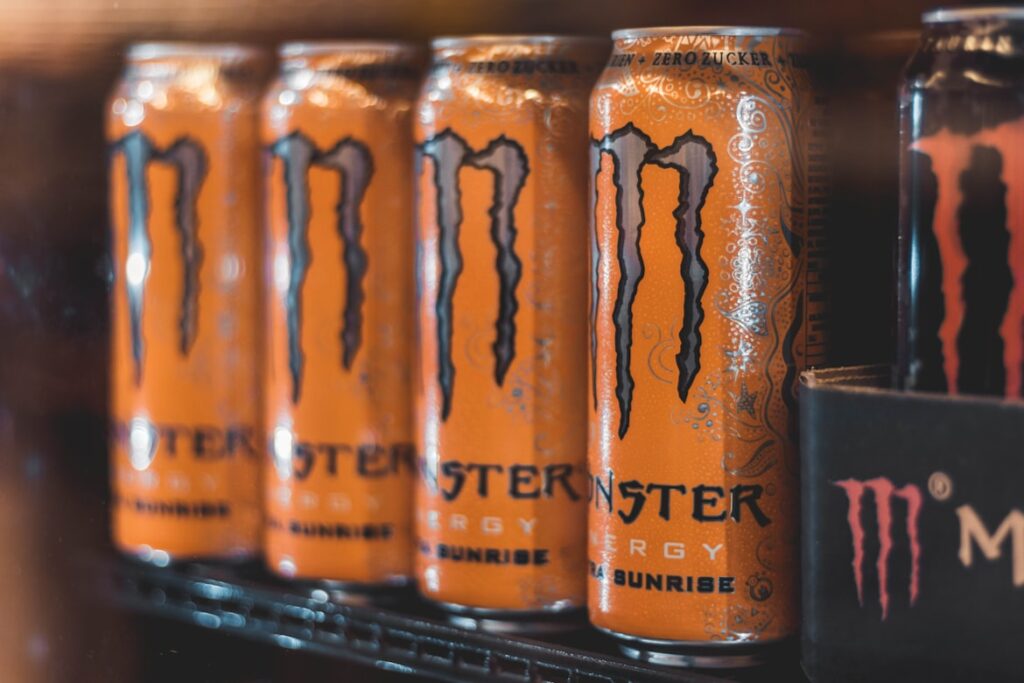
A lot of people swap sugar for them, hoping it’ll help their focus, memory, or waistline. But that shortcut can come with its own problems.
Why they can mess with your brain:
Not all sweeteners are bad, but some are definitely worse than others.
Let’s start with the big red flag: aspartame. Dr. Uma Naidoo warns that it acts like a chemical stressor in your brain. It raises cortisol (your stress hormone) and creates oxidative stress. Basically, it wears your neurons out.
Studies have linked aspartame to anxiety, depression, and memory issues. One 2022 animal study even found that the anxiety caused by aspartame could be passed down to future generations. That’s a bit chilling.
Then there are saccharin and sucralose, the “gut troublemakers.” They might be calorie-free, but that doesn’t mean they’re harmless. Research suggests they can throw off your gut bacteria, which affects the gut-brain connection. When that balance is off, your mood and mental clarity often take a hit too.
Now, stevia gets unfairly grouped in with these sometimes. But newer studies show it doesn’t mess with your gut microbes.
In fact, it might even help reduce inflammation and support a healthy gut environment.
What to use instead:
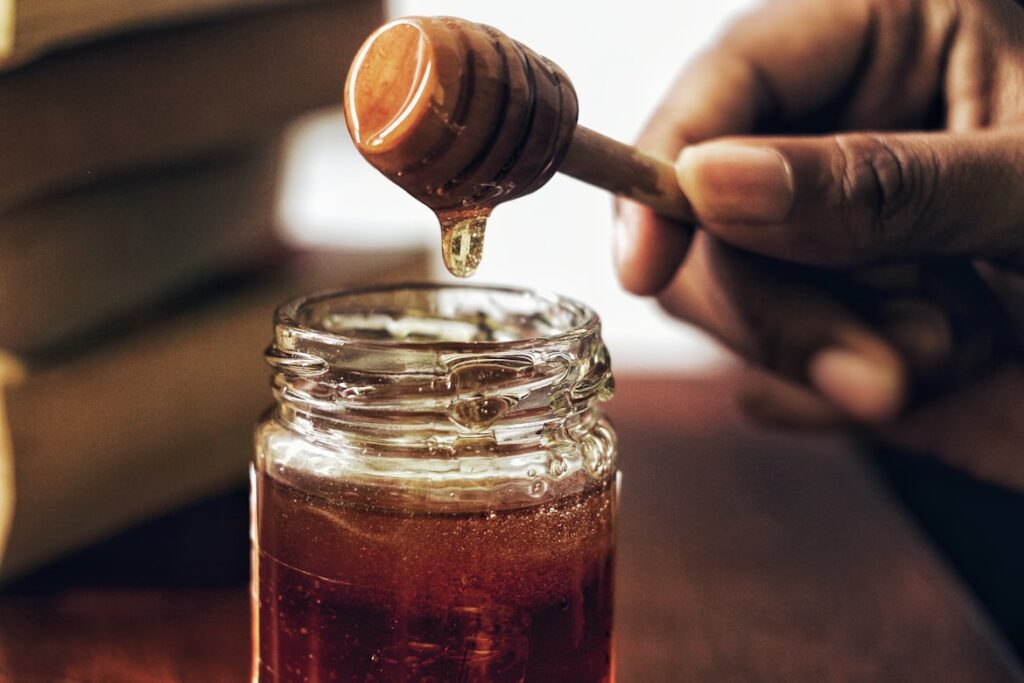
If you need something sweet, go for monk fruit extract or stevia. They seem to be the safest bets.
If you prefer natural sugar, try a drizzle of honey or a little coconut sugar, but don’t kid yourself. Sugar is still sugar. Coconut sugar might raise your blood sugar a bit slower, but your brain treats it about the same.
5. Fried Foods (And This Toxic Chemical)

They taste amazing, no doubt. But for your brain, they’re a double hit of trouble: the food itself and the way it’s cooked.
Why they hurt your brain:
The numbers don’t lie. One large study of over 18,000 people found that diets heavy in fried foods were linked to worse memory, learning, and focus.
Another massive 2023 study with more than 140,000 participants found that people who ate fried food often had a higher risk of anxiety and depression.
The main villain here is a chemical called acrylamide. It forms when starchy foods, like potatoes, are cooked at super high temperatures.
Acrylamide is a known neurotoxin, which means it directly harms your brain cells. It causes inflammation and oxidative stress, and may even weaken the blood-brain barrier, the shield that keeps toxins out of your brain.
Most restaurants reuse their frying oil again and again. That reheated oil becomes even more toxic over time. Animal studies show that it can speed up brain aging and damage neurons.
What to do instead:
You don’t have to swear off crispy food forever. Just change the method. Bake, steam, or air-fry your favorites instead. You’ll still get that satisfying crunch minus the brain fog.

As Dr. Uma Naidoo puts it, you don’t have to eat perfectly. You just have to eat in a way that helps your brain, not hurts it.
What to Eat Instead to Boost Your Focus and Memory
So after hearing all that, you might be thinking, “Okay, what can I eat?”
Fair question. The good news is, Dr. Uma Naidoo doesn’t just tell people what to cut out. She focuses on what to add in, foods that actually feed your brain instead of fogging it up.
Here’s what she recommends if you want sharper focus and better memory:
Leafy greens (like spinach and kale)
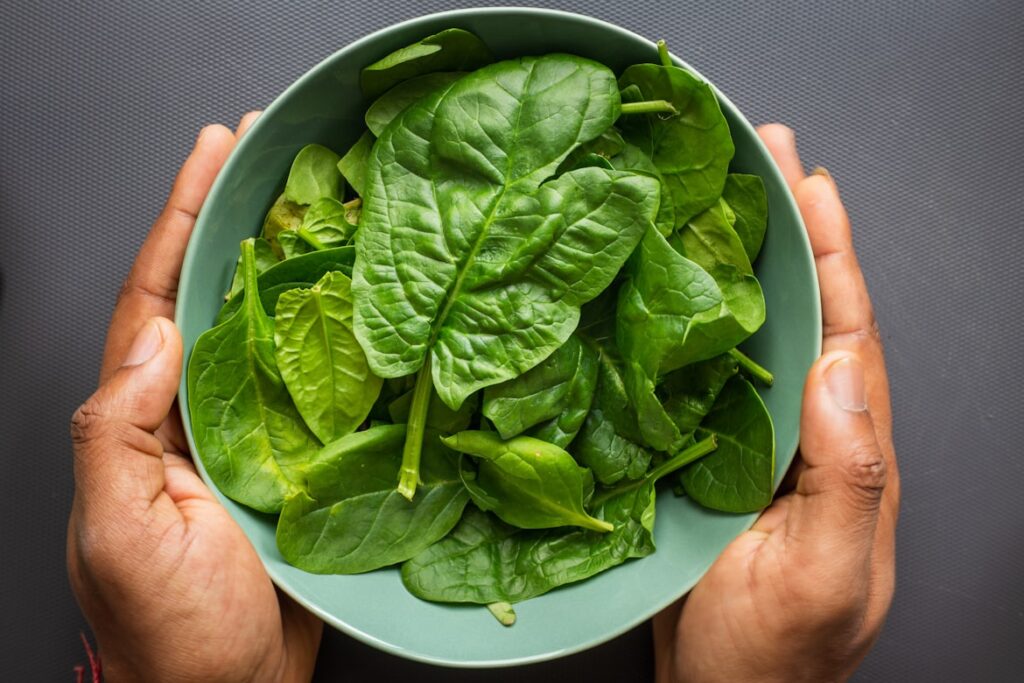
These are brain gold. A 2018 study found that just one serving a day slowed cognitive decline to the point that people’s brains looked about 11 years younger. They’re full of nutrients like folate and vitamin K that keep your neurons healthy and your thinking clear.
Colorful fruits and veggies (especially berries)
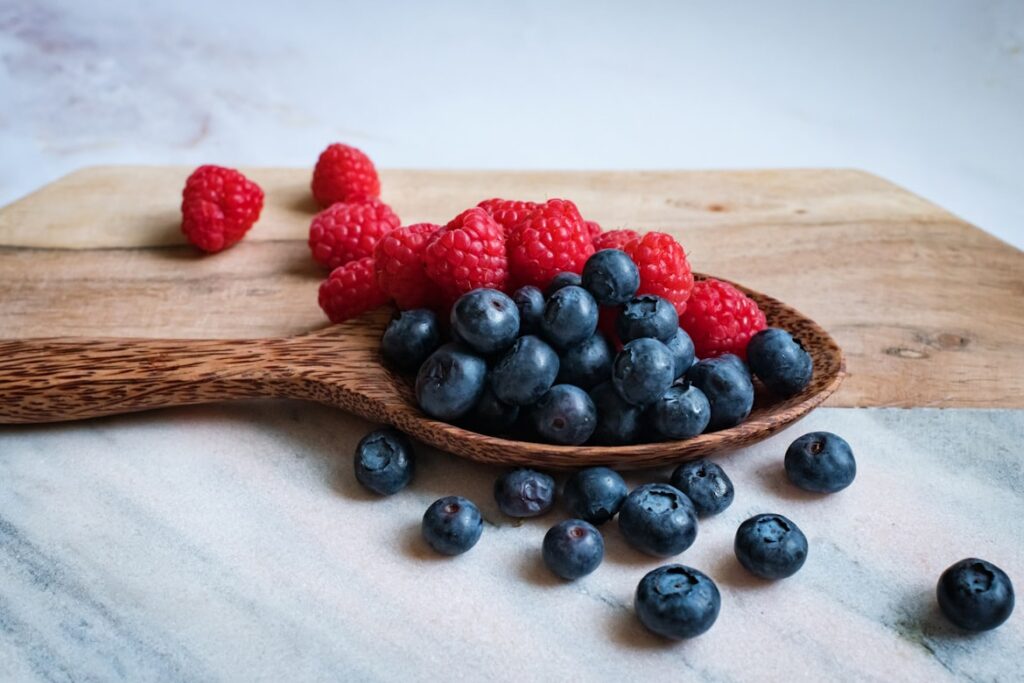
Those bright colors aren’t just pretty. They’re a sign of powerful plant compounds called polyphenols. Berries in particular boost blood flow to the brain and increase levels of BDNF, that “miracle-gro” protein that helps you form new memories.
Seafood (salmon, mackerel, sardines)

This is the ultimate brain fuel. Fatty fish are packed with Omega-3s, especially DHA and EPA, which help your brain cells communicate.
One recent study even found that people with higher Omega-3 levels had larger memory centers in their brains. So yes, fish really is brain food.
Nuts, beans, and seeds
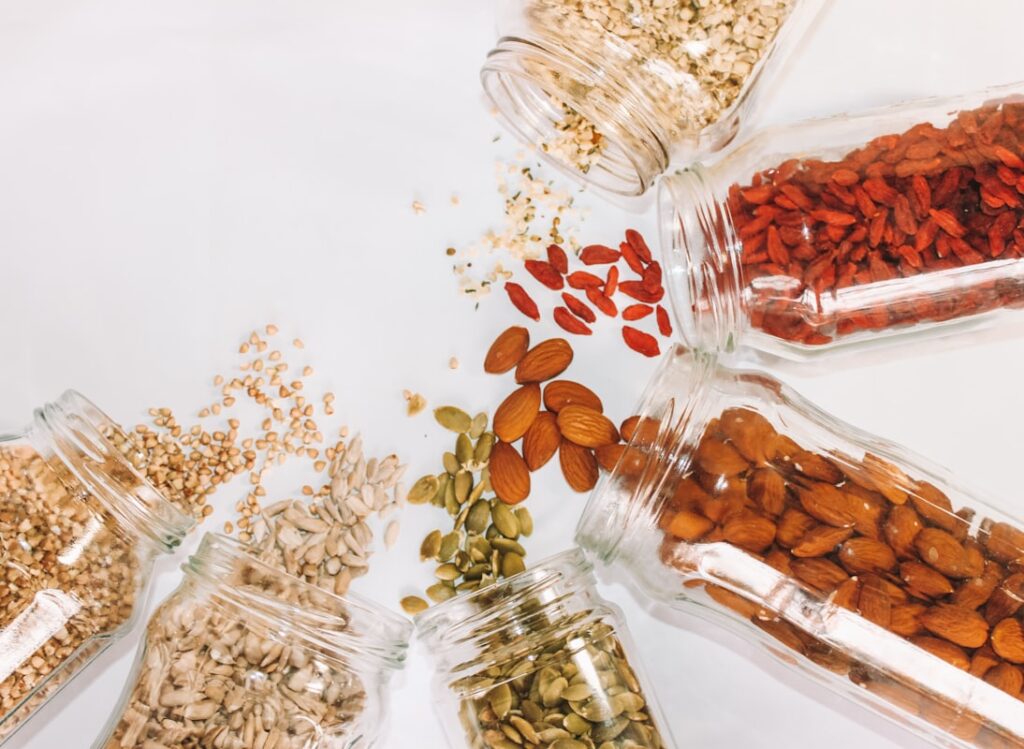
Think walnuts, lentils, flaxseeds. They’re like multitasking brain boosters. They feed your good gut bacteria, supply plant-based Omega-3s, and provide key minerals like magnesium and zinc that help your memory stay strong.
You don’t need to overhaul your entire diet overnight. As Dr. Naidoo likes to remind people, it’s about progress, not perfection. Start with one small swap today. Your brain will notice the difference sooner than you think.
